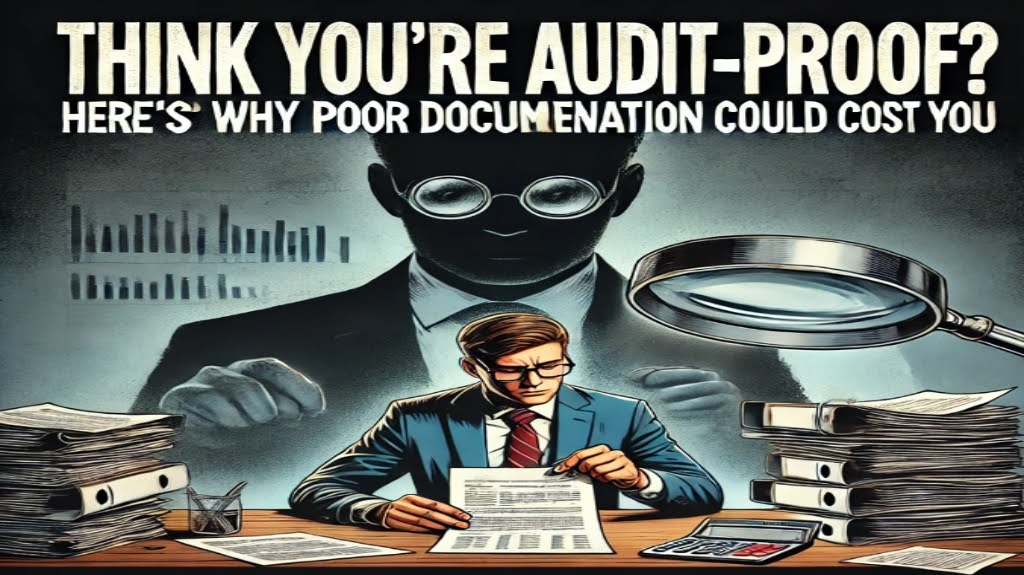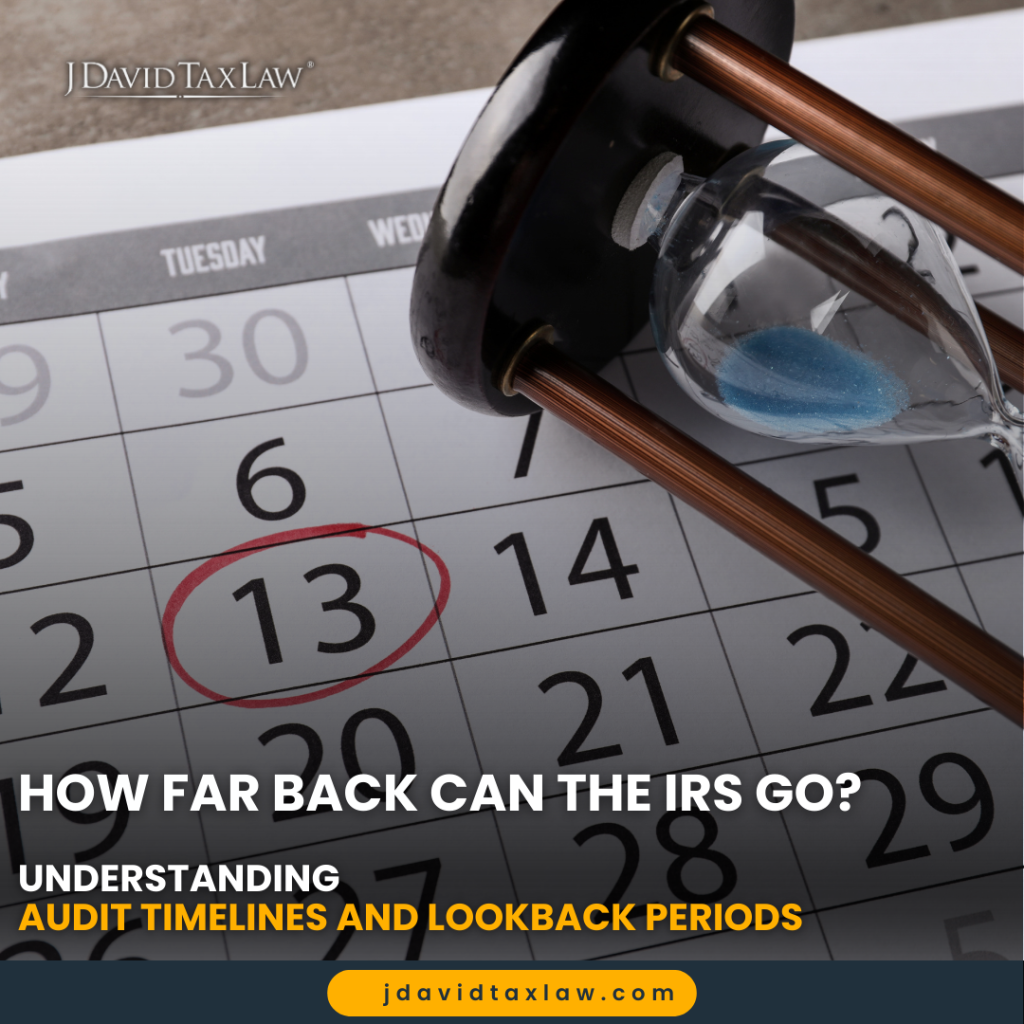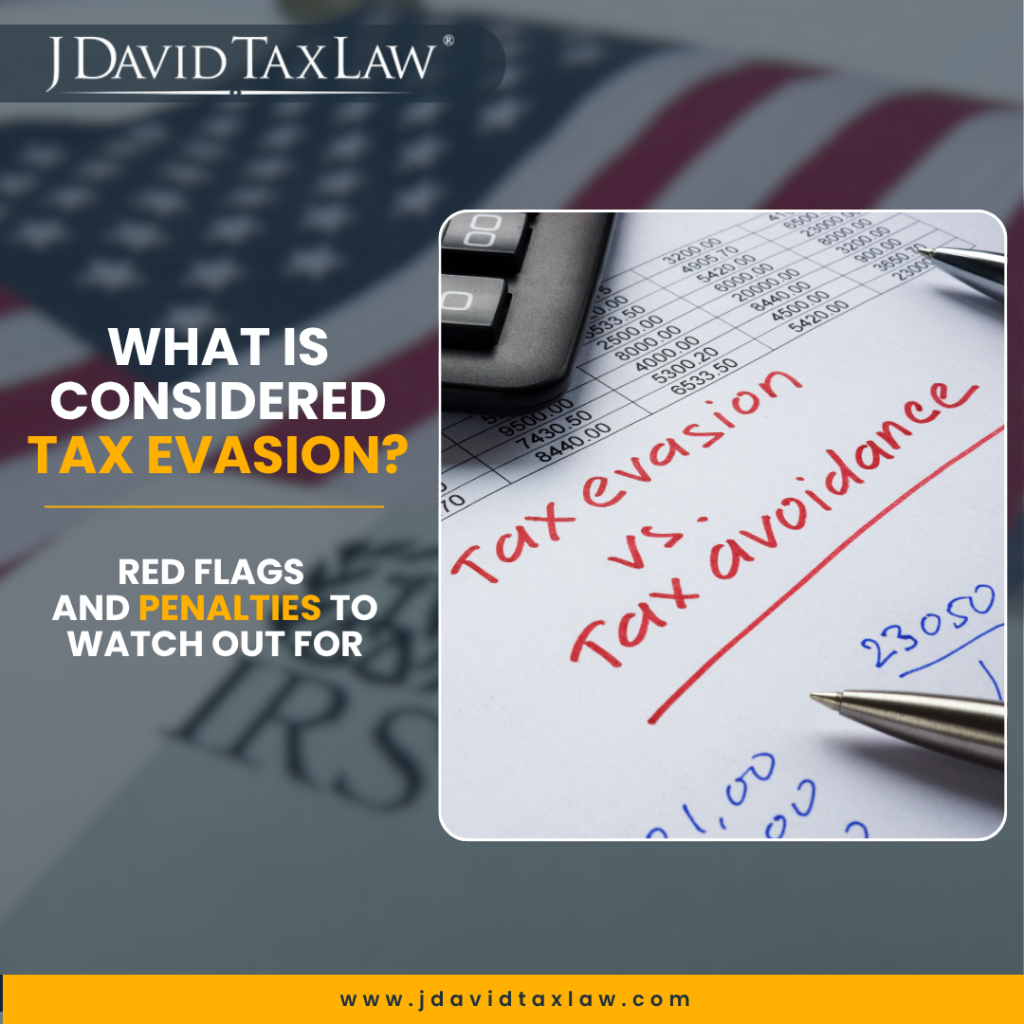Imagine the moment your day takes a turn with the arrival of an IRS audit letter—a moment that could shift from panic to power with the right preparation. This isn’t just about having your financial documents in order; it’s about mastering the art of keeping flawless records that speak louder than words. Well-kept records are your best defense, turning potential pitfalls into a showcase of your thorough compliance
Why Documentation is Important in an Audit
Dealing with an IRS audit can be stressful for any taxpayer. A key aspect of the audit process is the ability to provide proper documentation to support earnings and verify personal relationships, such as dependents. When an IRS auditor reviews your case, it’s essential to have organized records like W-2s, paycheck stubs, bank statements, and birth certificates available. These documents are important in confirming income and familial ties that might be questioned.
Failing to produce the necessary documentation when requested by an IRS auditor can lead to severe legal consequences. Without the proper evidence to back up your tax return, you may face further legal actions, including possible summons and court involvement. It’s important to realize that the IRS has the authority to issue a summons to gather information from third parties, like financial institutions, if you do not provide the required documentation.
The Purpose of an IRS Audit
An IRS audit is carried out with a straightforward goal: to ensure that tax returns accurately reflect income and deductions. This process is vital for preserving the integrity of the tax system. The IRS examines both individuals and entities, such as corporations and non-profit organizations, to ensure that everyone contributes their appropriate share of taxes.
The reasons for an IRS audit are part of the broader mission of the Internal Revenue Service—to enforce compliance with tax laws and confirm the truthfulness of reported income and tax deductions. By grasping the motivations and focal points of the IRS, taxpayers can better organize their records and perhaps evade more intense scrutiny.
The Role of Documentation in an Audit
Documentation is fundamental in forming a solid defense during an IRS audit. Auditors require evidence to confirm every detail of your tax return, making it crucial to have the right paperwork on hand. This could involve a variety of records, from receipts for business expenses to logs of charitable donations.
Cooperative behavior along with prompt submission of documentation can simplify the audit process and reduce stress. Auditors appreciate timeliness and thoroughness, which can expedite the resolution of the audit. Conversely, failing to provide necessary documents can lead to suspicions and prolong the audit.
Understanding IRS Audits
IRS audits are thorough reviews carried out by the Internal Revenue Service (IRS) to verify the accuracy of information on a taxpayer’s return. The main goal of these audits is to ensure compliance with tax laws and to verify that the right amounts of tax are reported and paid. Although the audit process may appear intrusive, it is a crucial element of the tax enforcement system, aimed at ensuring fairness and integrity within the taxpayer community.
The scope and complexity of an IRS audit can vary widely, from simple requests for more documents to detailed examinations of itemized deductions, business expenses, and other financial details. Taxpayers have the right to consult with tax professionals for guidance through complex or significant issues during audit procedures.
If you’re facing an audit and need expert guidance, don’t hesitate to contact (888) 342-9436.
What Triggers an IRS Audit
Several factors may signal to the IRS that a tax return warrants further examination. These triggers include:
Different Types of IRS Audits
The IRS conducts three principal types of tax audits, each progressively more involved:
Correspondence Audit: This is the simplest form. The IRS requests additional documentation through letters and may involve telephone discussions. It’s usually focused on a small aspect of your return.
Office Audit: Here, the taxpayer is asked to come to an IRS office, bringing the necessary records. These audits are more detailed and focus on broader sections of the return.
Field Audit: The most comprehensive type, this audit is conducted in person at the taxpayer’s home or business. The IRS agent will dive deep into the taxpayer’s records and may make adjustments on-site.
Taxpayers should focus on accurate reporting, maintain thorough documentation, and consider consulting with a tax professional if needed. These measures help manage the audit process effectively and provide confidence in dealing with IRS procedures.
The Consequences of Poor Documentation
A lack of thorough records that results in unreported taxable income can trigger an audit, with consequences that may include financial penalties and accumulated interest charges. The danger of claiming excessive deductions without adequate proof is a significant concern, as it may lead to the rejection of those deductions.
Loss of Deductions
Keeping detailed records for tax purposes isn’t just about making it easier to file taxes; it also helps protect your itemized deductions during an IRS audit. If your deductions, such as those for business expenses or charitable contributions, seem too high compared to your income or resemble those typical of higher earners, the IRS will investigate. This could lead to the loss of those deductions if they aren’t properly justified. Also, entering rounded numbers for large deductions might suggest you’re estimating, which can increase your audit risk. It’s important to justify business expenses as ordinary and necessary for your work, or you might not be allowed to deduct them.
Tax Penalties and Interest
The consequences of inaccurate documentation extend beyond lost deductions. When the IRS finds errors on your tax return, from simple math mistakes to more significant misunderstandings, it can add extra taxes, tax penalties, and interest. Carefully reviewing your tax returns and keeping flawless records are essential to avoid these additional costs. If your expenses are overestimated or you claim unauthorized deductions and they seem fabricated, not only could this trigger a tax audit, but it might also lead to severe financial penalties.
If you are facing severe penalties from the IRS for delinquent returns and unpaid taxes, contact J David Tax Law to see if you qualify for tax relief.
Increased Audit Risk in the Future
The IRS is planning to increase the number of audits, especially for wealthy taxpayers and large businesses. With the support of the Inflation Reduction Act of 2022, audit rates for those earning over $10 million are expected to rise by 50%. There will be a similar increase in audits for large corporations and business partnerships. This shift means that high earners and big businesses must be particularly diligent in ensuring compliance with IRS standards.
Tips for Proper Documentation
Keep Detailed Records
Tax compliance heavily relies on the accuracy of your records. It’s crucial to keep a log of receipts, record dates, detail your expenses, and explain the business purpose for each cost. If you use something for both personal and business reasons—like a car—you must clearly record how much is used for each to ensure accurate tax filings. Success in an audit often comes from having detailed, well-supported records of your income and deductions. Remember, the IRS can audit your taxes every year; there’s no rule against back-to-back yearly audits. For instance, correspondence audits require you to send in requested documentation typically within a 30-day period, highlighting the importance of having an organized and easily accessible filing system.
Understand the Rules and Regulations
While the thought of facing an IRS audit might be intimidating, getting to know the tax code rules and regulations can ease much of that concern. The IRS doesn’t limit how often they can audit you, aiming to ensure proper tax reporting and compliance, not to assume you’ve done something wrong. Always report large cash transactions over $10,000 using Form 8300 to avoid suspicions of illegal activities like money laundering. Nonprofits are also subject to audits and should be ready for either field audits or correspondence audits. Additionally, strict regulations apply to foreign bank accounts; failing to disclose them can lead to serious civil and criminal penalties under laws like the Foreign Account Tax Compliance Act (FATCA).
Work with a Professional Tax Preparer
Partnering with a reputable tax preparer can greatly reduce the stress of tax season and the risk of an audit. These experts help ensure your taxes are filed accurately, giving you peace of mind that your tax returns are well-documented and justified. Their knowledge is particularly valuable when dealing with the complexities and potential financial consequences of an IRS audit. So, if your tax situation is complex or you have a lot at stake, hiring a tax expert might be a smart move to protect against unexpected IRS questions.
If you are being pursued by the IRS due to findings during a tax audit, click here to contact the tax attorneys at J David Tax Law for free consultation. We have represented and helped thousands of individuals and businesses in the United States solve IRS and State Tax Debt issues.
Retain Proof of Income and Expenses
For self-employed individuals, keeping precise records is your best defense against potential IRS audits. It’s essential to document all financial transactions, especially if you deal in cash. Schedule C filers should take extra care to document business expenses to substantiate their tax deductions. Also, it’s important to clearly distinguish between activities done as hobbies and those intended for profit to comply with tax laws. A practical approach is to use separate bank accounts or credit cards solely for business to make it clear that your activities are meant for earning money. This method simplifies recordkeeping and strengthens your position with the IRS.
Common Documentation Mistakes to Avoid
Keeping precise documentation is essential for passing an IRS audit without issues, but many taxpayers often make errors in this area. One major mistake is not reporting all income, including money from hobbies, freelance work, cash transactions, or foreign sources. If the IRS finds these discrepancies, it could lead to significant penalties and back taxes.
Failure to Keep Receipts
Receipts are crucial for credible tax filing. Not keeping receipts for business-related meals, travel, and entertainment can easily draw IRS attention, as these categories are often abused. Home office expenses also require solid backing; lacking this can lead to issues if audited. Furthermore, for claims like the Earned Income Tax Credit (EITC), known for high error rates, meticulous record-keeping is essential. Those who deduct mileage or claim depreciation need detailed documentation, such as precise mileage logs. Misclassifying employees as independent contractors can also trigger an audit, highlighting the importance of accurate classification and documentation.
Lack of Documentation for Deductions
When dealing with IRS rules, taxpayers often struggle with properly substantiating deductions. Inadequate proof can result in losing those deductions during an audit. Claiming high deductions without solid evidence can activate IRS alerts. Consistently rounded expense figures year after year may also arouse suspicion. To avoid these issues, thorough record-keeping and undeniable evidence for all deductions are crucial, helping prevent the need to amend tax returns or risk losing refunds.
Mixing Personal and Business Expenses
Blending personal and business expenses is a common mistake that can attract IRS scrutiny. Self-employed taxpayers must diligently document their income and expenses to pass IRS checks. Misrepresenting personal activities as business-related, especially in hobbies, can lead to an audit. Watch for overly high or inconsistent business expenses reported annually, as these could signal red flags. Remember, the IRS requires business expenses to be both “ordinary” and “necessary” to qualify as legitimate deductions.
Inadequate Recordkeeping for Cash Transactions
Cash transactions, due to their lack of transparency and ease of concealment, are closely watched by the IRS. These transactions are hard to verify and often lead to concerns about unreported income. Some taxpayers might omit cash transactions from their tax filings due to perceived anonymity or belief that the IRS can’t track these transactions, which can trigger audits. Financial institutions must report cash transactions over $10,000 to the IRS, increasing scrutiny on individuals with significant cash-based business operations.
Facing IRS scrutiny can be overwhelming, but you’re not alone. Contact J David Tax Law for a free consultation to learn how we can assist you in resolving your tax issues efficiently and effectively. Our team is here to help, providing expert guidance to manage documentation and represent you effectively during audits. Our experience with IRS standards and procedures ensures that you have the best possible defense against penalties and back taxes.




















